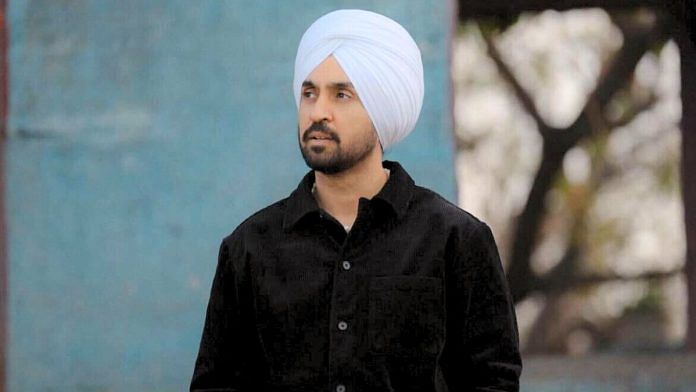Punjabi actor-singer Diljit Dosanjh is everywhere, so it was only inevitable that at some point, he’d earn the privilege of being interviewed by Ranveer Allahabadia, better known as BeerBiceps. Among other things, Dosanjh regaled Allahbadia with his tales from his torrid childhood.
Allahabadia very earnestly tells Dosanjh that he’s far deeper than the usual person, and that’s presumably why he’s so successful. He then, in typical BeerBiceps fashion, goes on to ask a burning question: how is Dosanjh so deep?
Long story short, it’s because of his childhood trauma. He spent about a decade by himself in Ludhiana, without any human connection. It’s packaged as the secret to his success, which reveals a simple, often glossed over need—tragedy should be treated as tragedy. There’s no denying Dosanjh’s astronomical fame, legions of fans, and global acclaim. But that doesn’t dilute the effects of childhood neglect, nor does his fame amplify his apparent overcoming of it.
Parents are supposed to be security blankets made out of flesh and blood. It’s the promise of protection that governs parent-child equations, as well as the reciprocality of trust. When this illusion shatters, it’s difficult to pick up the pieces.
“Main akela ho gaya [I became lonely]. I went to Ludhiana with an uncle. My parents allowed him to take me, but they never asked what I wanted,” he says in the interview. “I lived alone, spent a lot of time at home on my own. There were no phones at the time. So I never called them.”
He appears to carry no resentments and says they were doing what they thought was best for him. They wanted more for their son. But at the same time, their connection withered away. It makes for a pretty sad story, even if our conceptions of stardom are attached to transcending odds and creating something out of nothing. In this case, there’s no generational wealth and no family support—just sheer talent and determination.
Also Read: Move over Ed Sheeran, Rihanna. The only pop star India wants more of is Diljit Dosanjh
Tale of aspiration
It’s a bleak picture, but an engaging, film-like narrative. And that’s what makes it uncomfortable. To the larger public, it’s what gives Dosanjh his sheen. It makes him more intriguing. But through this process of placing his backstory in the public domain, in allowing it to be consumed; it also feels like we’re disregarding the actual experience. Just because he’s attained unthinkable stardom, doesn’t mean the reverberations of his trauma no longer exist.
“Their intentions were good. They thought their son would go to a big city and learn something,” he says. “Every parent’s dream is for their child to be successful.” But what constitutes success? That’s a completely different story.
Going by the interview, it looks like Dosanjh’s tale is just one of aspiration, the romaticisation of a run of the mill story that unfolds every single day. But if he was also ordinary, one of millions trudging through the day working a menial job, then it’d be considered trauma. But because it’s Dosanjh—it’s content that embellishes his profile. BeerBiceps also moves on quickly, doesn’t prod much. He asks: what happened next? Dosanjh laughs. “You can see. It’s right in front of you.” It’s the affable, sartorially savvy rapper, who wears his success lightly and makes jokes about his poor Hindi.
It’s cliche to say there’s a sad inner child lurking, and do the Freudian thing of turning back the clock. But it’s also disingenuous to assume that there isn’t.
Views are personal.
(Edited by Theres Sudeep)



